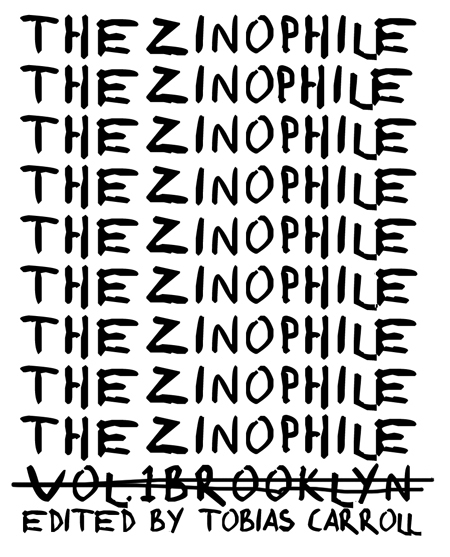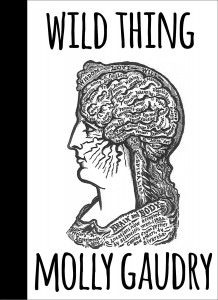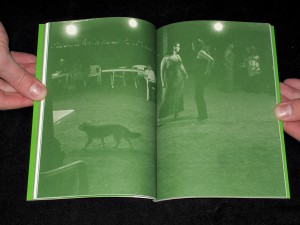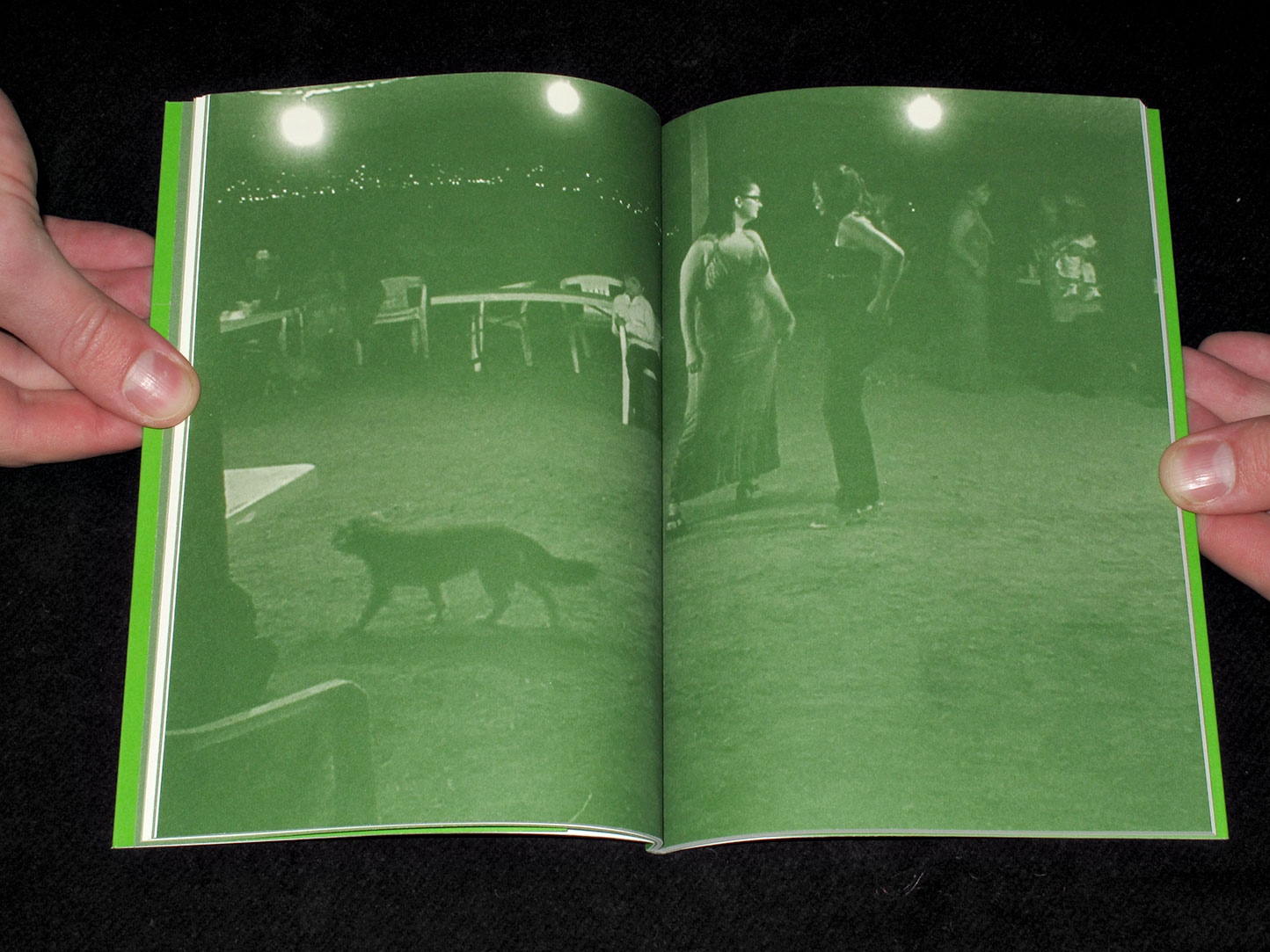
This week’s theme seems to be chapbooks: each of the works here is an essay contained between two covers; each is decidedly personal, yet resonant on a larger scale, whether economic or cultural. Each is also by an author whose work I’d already been familiar with, and provides a concise take on their areas of expertise.

Molly Gaudry’s Wild Thing circles around questions of the mind and of healing; ghosts and spirits and situations of dislocation recur throughout. Some of the situations described read like memoir; others are like aphorisms, variations on the same surreal situations. Reading Gaudry’s blog involves learning details of the injury (and the process of recovery) that inspired this work. It’s a powerful read, and a fine example of how to circle a particular event in a number of ways, magnifying its power and conveying pain and how one grapples with it.
The title of Eileen Myles’s Street Retreat is accurate: it’s the story of a retreat that Myles took part in that involved living on the street for several days. (She wrote a bit about the experience here.) This chapbook was produced as part of Semiotext(e)’s participation in the Whitney Biennial; I picked up my copy at McNally Jackson, for what it’s worth. Myles here juxtaposes the details of the retreat–dealing with foul weather, interacting with the other participants and the people they encounter, musing on what it all means–with memories and observations that come up along the way. There are few better than Myles at writing about city life, economic anxiety, and how art intersects the two; this narrative embodies all three.

I picked up Chris Kraus’s Kelly Lake Store & other stories while on a visit to Bushwick’s Human Relations. (Another version of it can be read at n + 1.) I’d assumed from the title that it would be, you know, a collection of shorter fiction; in actuality, it’s a somewhat sprawling narrative that incorporates everything from the desertion of rural spaces to films about daily life in small Southwestern communities to a meditation on Jerry Saltz’s concept of “Post Art.” At the center of it is a grant application Kraus wrote for funds to operate an abandoned general store in a small Minnesota town she visits regularly. The question that haunts this narrative: as art evolves into something less tied to traditional forms, at what point does operating such a space (or working there) become an act of art? And with economic shifts and people leaving rural areas, will the preservation of those communities fall to artists? Reading this short work left me with plenty to ponder for a while to come.
Follow Vol. 1 Brooklyn on Twitter, Facebook, Google +, our Tumblr, and sign up for our mailing list.

